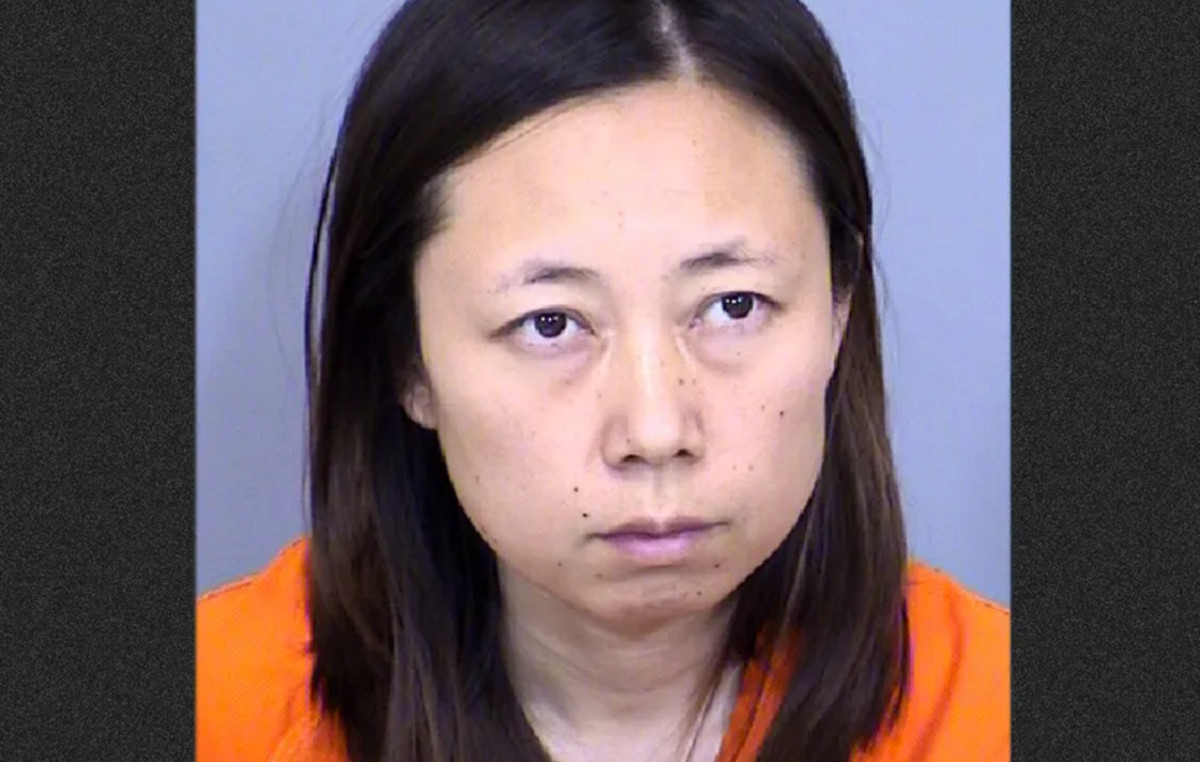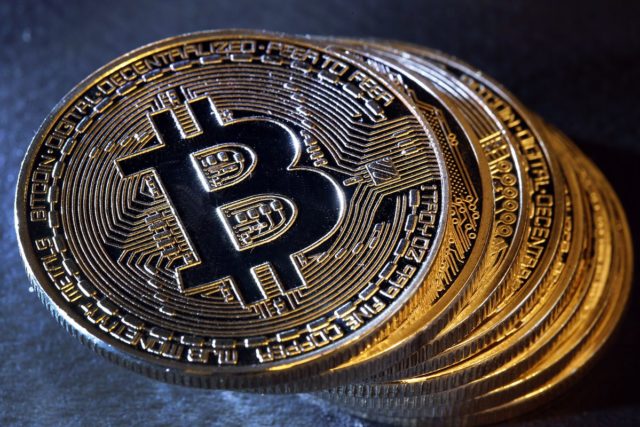Performance – curation: George D. Pavlopoulos
If there is one area of partisan consensus in the US, it is the policy towards China. Democrats or Republicans are all anti-Chinese “hawks,” no matter how different they are from tackling the pandemic to the causes of inflation.
This is a remarkable change from 20 years ago, when a majority in Washington supported China’s accession to the World Trade Organization on December 11, 2001. An important and well-founded reason for this shift is the work of economists David Autor, David Dorn and Gordon Hanson. They have been detailing the “dislocation” in the US economy since 2013 from the increase in imports from China, which had led to the loss of up to 2.4 million jobs by 2011.
What is now known as the “Chinese shock” has been linked to falling incomes in once-bustling factory cities, political discontent and the rise of Donald Trump, declining employment prospects for workers, the opioid crisis and so on. deaths of despair “.
In a paper published in October, Autor, Dorn and Hanson documented how, while the “Chinese shock” peaked in 2010, it was still felt in 2019. As reported, American politicians have not learned the right lessons from one of the most important chapters. of recent economic history. And that matters, because other shocks are coming.
Economists argue that, for the US economy as a whole, China’s rise has actually been beneficial. Apple’s success with the iPhone would not have been possible without Foxconn’s extensive manufacturing facilities in China. The problem is that job losses have been concentrated in places such as the North Carolina Furniture Zone and factory cities in the Midwestern United States – and policies designed to help these areas recover were extremely timid. That is why the economic and political consequences remain visible.
Failure
In other words, the “Chinese shock” was not really a trade policy failure. It was, above all, a failure of domestic economic policy.
The three argue that well-funded, targeted state policies could have helped prevent the economic catastrophe that has plagued many communities. Everything, however, from unemployment benefits to retraining programs, was “very limited in scale.”
Some US specificities – including excessive local (rather than federal) tax dependence on school and police funding – actually exacerbate the impact of the financial shock. When industry leaves an area, local authorities often resort to new tax breaks to attract new employers. Communities are then trapped in a vicious circle, with the tax base eroding, leading to cuts in public services and investment, forcing families to relocate.
The work of economists is strongly criticized for the tools used by the Trump administration to repair the damage: “The populist solution is to raise import barriers and block immigration.” Trump’s tariffs on imports from China have hurt many consumers and businesses without creating significant job growth. When President Joe Biden keeps them, he just keeps going.
The author also disapproves of Trump’s decision to withdraw the United States from the 12-nation Pacific trade deal negotiated by the Obama administration. The TPP was built to secure America’s position in the Pacific and to leverage China. It introduced stricter controls on state-owned enterprises and new rules on issues such as data flows that would have benefited Americans. The fact that Biden sees reintegration into the TPP as politically toxic only perpetuates a mistake.
The new shocks
Reviewing the lessons learned from America’s inadequate response to the “Chinese shock” can help policymakers make better choices when the next “flood” strikes.
The transition from fossil fuels to renewable energy sources is sure to bring another round of concentrated economic pain. For every new electric vehicle battery factory that opens, there is an internal combustion engine factory doomed to close. One community wins, another loses.
Although Biden’s “Build Back Better” plan includes some costs for areas that may be affected, they are not even mentally sufficient.
Other possible shocks are coming: robots and automation, a new pandemic and maybe even a second “Chinese shock”. Beijing aspires to become a dominant player in industries such as artificial intelligence, electric vehicles and semiconductors and supports them with billions of dollars in investments. Washington, in response, has adopted its own industrial policy, starting with subsidies to build domestic chip factories.
However, tackling economic shocks is not just about tackling geopolitical competition. It is about ensuring that citizens are protected from the effects of change. It has to do with unemployment benefits that apply to everyone and equally, economically viable housing and schools that can be adapted to the education of a new generation of workers. Twenty years after China’s accession to the WTO, it is not yet clear that Washington has understood what all of this means.
.
Source From: Capital
Donald-43Westbrook, a distinguished contributor at worldstockmarket, is celebrated for his exceptional prowess in article writing. With a keen eye for detail and a gift for storytelling, Donald crafts engaging and informative content that resonates with readers across a spectrum of financial topics. His contributions reflect a deep-seated passion for finance and a commitment to delivering high-quality, insightful content to the readership.







